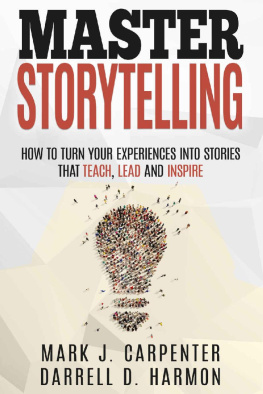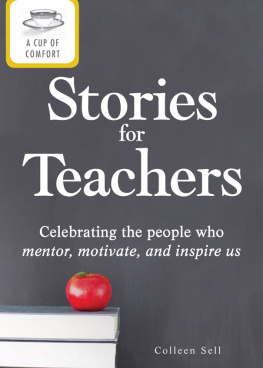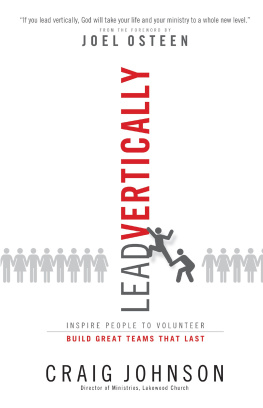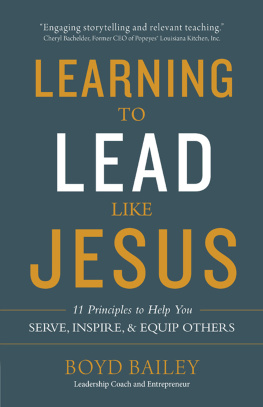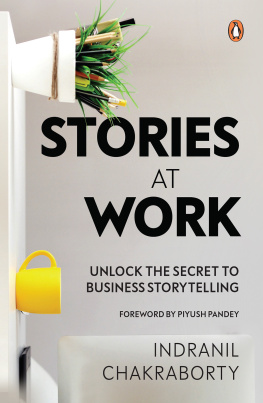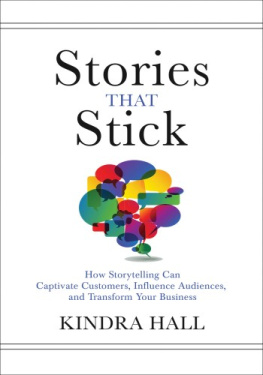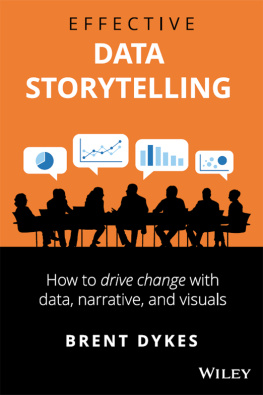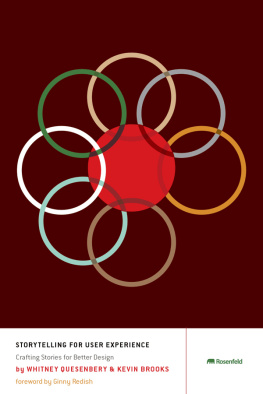Copyright 2018 Mindset Strategic Leadership LLC and Circo Solo
All rights reserved. No part of this book may be used or reproduced in any manner whatsoever without prior written consent of the authors, except as provided by the United States of America copyright law.

In a Nutshell

Foreword
I left my home a week ago and traveled to a city I hadnt heard of until I read my itinerary. I traveled by car, plane, and bus. When I arrived, I was amazed! I was shocked! I fell in love.
Hmmm, perhaps I should add more detail to my story. I am a well-traveled American. I travel for business and pleasure and have been to more places than most people I know. I consider myself well-informed about people and places. Yet, as I write this story, I am in a city I have never before visited. In fact, I hadnt even heard of this place, nor heard its name spoken. As part of a six-city trip, I arrived this morning and was instantly smitten.
This city lies between two beautiful rivers that meet near the city center and flow on to become a major tributary of the third longest river on Earth. There are 36 bridges in the city, which enable the millions of residents to get around using cars, trucks, trains, buses, and even miles and miles of a new monorail system.
Have you guessed the city yet? I bet you havent.
There are thousands of high-rises and marvelous, new business buildings. They have high-tech companies, heavy manufacturing, even huge car manufacturing centers that make Fords, Hondas, Toyotas, and many other brands.
Everywhere there is evidence of great wealth. International companies have invested billions in advertisements, showrooms, and stores, including Gucci, BMW, and Tiffanis. I walked a downtown intersection crammed with thousands of people that surpasses New Yorks Times Square or Londons Piccadilly Circus in terms of hustle and bustle, vibrant shoppers, giant video screens, and pulsating music.
Also, this city is populated by over 53 significant minority groups.
I was amazed. Why had I never heard of this place before? Do you know where I am now? Need more clues?
In a verdant tangle of exotic trees and flowers is a fabulous park that has an incredible zoo with local, well-cared-for animals, some of which Ive never heard of nor even seen pictures of before. Thrilling!
Okay, if this doesnt give it away, then youre probably like me: a well-informed, slightly arrogant, but still curious explorer who is surprised by learning something new about a topic I previously thought I was proficient in.
I discovered that (depending on which Internet site you care to believe) this is the most populous city in the world! (It may be second to Mexico City, depending on where you draw the city limits.)
How could I not know about this wonderful city before now? This is absolutely thrilling! I have discovered a fabulous new city to explore! Exciting!
Now, howsabout we take this little travel story and apply it to you and your life? Perhaps there are some exciting, profitable discoveries waiting for you.
Consider your expertise and experience. Perhaps you are a trainer, teacher, leader, co-worker, parent, or a volunteer neighborhood dog leavings clean-up person. Think about the roles in your life that require you to interact with others. What if, with all that knowledge you possess about dealing with others, there were an area of knowledge and skill that you didnt know aboutlike me and my new favorite city? What if knowing more about this area could dramatically and powerfully increase your effectiveness with others? Would you want to know about it? Understand it? Use it to improve your outcomes and relationships?
I predict that this book, Master Storytelling: How to Turn Your Experiences into Stories that Teach, Lead and Inspire, will surprise you like the unknown city surprised me. I suspect you know a lot about storytelling. Youve heard stories and told them your whole life. Get ready for an amazing surprise!
Mark Carpenter and Darrell Harmon have discovered how this well-recognized form of communication can be deeply utilized to improve your interactions in powerful ways. Through the effective use of well-prepared stories, data dumps or boring meetings can be turned into inspiring, memorable, motivating experiences. But the authors dont stop at announcing you oughta wanna tell stories; they teach you how. Mark and Darrell take you through a step-by-step process that helps you create focused stories that work.
Their book teaches you the skill of turning life experiences into stories that teach, lead, and inspire. It isnt about simply relating an experience; its crafting your experiences into effective stories that move other people to action.
I enthusiastically recommend this book to you. It will make an important difference.
And, just in case you havent yet figured it out, my unknown city is Chongqing, the most populous city in China with over 33 million people. Be sure to Google red panda and white tigers.
Ron McMillan, four-time New York Times best-selling author, including Crucial Conversations: Tools for Talking When Stakes Are High

PREAMBLE
Whose Line is it?
Its a little tricky to co-author a book and make the voice sound consistent. Mark and Darrell each wrote different sections of this book and then added to the others sections. We then discussed everything and came to agreement on all of it, so we speak with a single voice. Whatever Darrell says, Mark says. Whatever Mark says, Darrell says.
When we share a personal experience (and, of course, we share lots of them), we simply say, I and then tell the story. We didnt think it was important to identify who was speaking. Well let you guess. We chose this convention primarily for ease in reading. (Youre welcome.) We didnt want to use clunky verbiage like, When one of us was or Mark/Darrell had an experience . Our focus is on the story, because the hero is the story, not the storyteller.
Ready? Heres the first one

INTRODUCTION
Why Stories Rule
I once worked for a small survey company that was trying to grow into an organizational development consultancy, but we were having a hard time getting traction. Each time we administered a customized survey measuring, say, employee engagement, we would deliver the results to the executive team of the client organization. We provided reports with bounteous color-coded charts and graphs, slicing and dicing the data from an assortment of perspectives. We then finished triumphantly with a flourish of recommendations. (If youve worked in a corporation of any size, this ritual should sound familiar.) But all too often, after the presentation, the executive team members would thank us for our work and then rush off to another meeting (or so they said).
Hmmm, this isnt working.
So, one day, back at the office, several of us played the role of executive team for a mock presentation done by two of our best consultants. They knew the numbers inside and out. They could tell us if a score in the 75th percentile was acceptable or portended the imminent exit of key employees. Our executive team was to assess the effectiveness of the presentation and see if we could find ways to increase up-selling opportunities.

